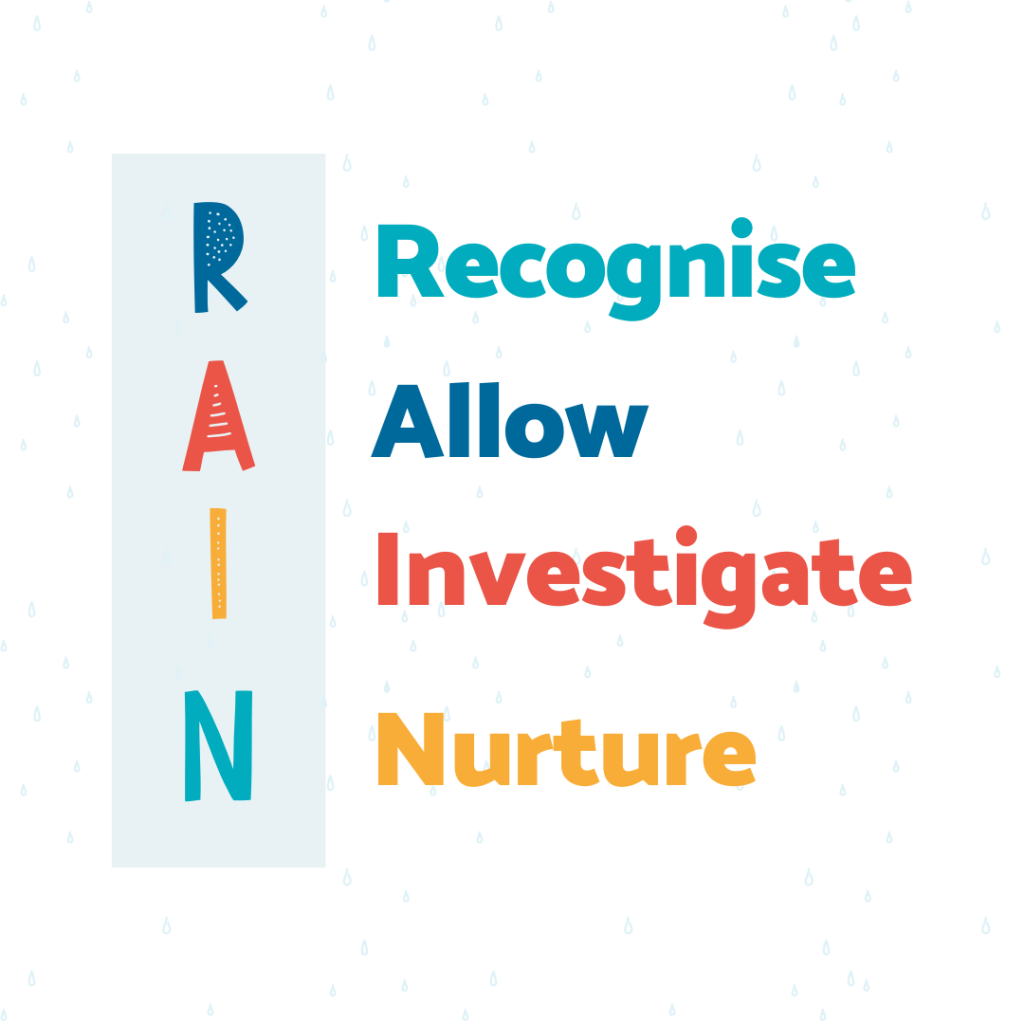44% of England’s state-school teachers plan to quit by 2027, according to the latest NEU poll. Half of those (22%) intend to leave within two years. (2).
The stats confirm that teaching is a highly stressful career but how do we manage our stress so we can be in it for the long haul?
Having worked in schools for many years, I have seen the impact that stress can have on the staff which seeps down to the children that they are striving so hard to teach. This stress results in a negative impact across the whole of the school community and can subconsciously become deeply rooted in our school systems. How can we possibly expect children to manage stressful situations when the teachers are not managing it themselves? How can we expect to support pupil wellbeing and attainment when we are not looking after our own wellbeing?

Stress and it’s impact
First and foremost, we must remind ourselves that stress is a normal part of everyday life, we must accept that it may always be there. But there are good levels of stress where we can thrive on it and work with positive impact to ourselves and those around us and then there are unhealthy levels, where our bodies and minds react very differently. Too much stress can lead to a plethora of mental and physical effects and lead to long-term illnesses. Ongoing chronic stress can result in:
Physical symptoms: headaches, raised blood pressure, infections, digestive disorders, heart disease or even cancer
Mental health symptoms: withdrawal, poor concentration, anxiety, depression, insomnia, ‘burn-out’ and an increased risk of suicide
Behavioural consequences: low self-esteem, increased drug or alcohol intake and deteriorating personal relationships leading to family, relationship or career problems (1).
In the kind of role that we have chosen to do, it’s pretty crucial to be able to manage stress in a healthy, sustainable way. The impact of not is detrimental to ourselves, to our colleagues, family and the children we seek to be positive role models for.
Every cloud has a silver lining
Well, there’s no time like the present, and, as it’s stress awareness month, here’s a little tip to start you off on managing your stress in schools so that you feel mentally and physically well, allowing you to teach at your absolute best!
Mindfulness in our profession is super-important because, if we are not, then our mind will run at 1000 miles per hour with all the jobs and responsibilities we have which leads to work stress overload before we have even begun!
When you are feeling overwhelmed and struggling to cope, the RAIN approach can help.
Recognise
The first step in the RAIN approach is to recognise the stress that you are feeling. This can be difficult, as we often try to ignore or push away our negative emotions which further impacts you negatively. It is important to acknowledge your stress in order to start to manage it. When our stress container becomes too full and we are not recognising it, it can start to have a detrimental impact on every aspect of your life and wellbeing. Here’s a handy visual by Mental Health England on how your stress container works: https://mhfaengland.org/mhfa-centre/resources/address-your-stress/stress-container-resource-download.pdf
Allow
Once you have recognised your stress, the next step is to allow it to be there. This does not mean that you have to like your stress, but you need to let it be present without trying to fight it. Acceptance can instantly support the management process.
Investigate
The third step in the RAIN approach is to investigate your stress. What is the cause of your stress? What thoughts and feelings are associated with your stress? Once you understand your stress, you can start to develop strategies for managing it.
Nurture
The final step in the RAIN approach is to nurture yourself. This could mean taking some time for yourself, doing something that you enjoy, or connecting with someone who supports you. Nurturing yourself can help to reduce stress and improve your overall wellbeing. It’s important to remind ourselves that we are only human and we should be honouring our bodies, minds and our role in society as teachers, upholding it and maintaining a level where we can thrive ourselves. So do the things you enjoy, and manage your job, one task at a time.
The RAIN approach is a simple but effective way to manage stress. It can be used in any situation, and it does not require any special training. If you are or have a school staff member who is struggling with stress, I encourage you to try the RAIN approach. A quick tip to success; It’s important to practice this and continue to do so as you will be training your brain with a new behaviour and response to stress, teaching yourself a healthier approach that will help the longevity of you and your career.
What can school leaders do to take teacher wellbeing seriously?
This approach can be adopted within schools as part of your staff wellbeing strategy.
In addition, there are other things that schools can put in place to support their staff:
* Work smarter, not harder! Time blocking is a perfect solution for teachers. It helps you to focus on your priorities and plan a block of time where you focus on just that one job. It is a very efficient way of working as it cuts out the mind mapping and procrastinating prior to getting work done. More info can be found here: https://todoist.com/productivity-methods/time-blocking
* Offer check-ins and reflective sessions in a culture where staff can relate with each other, voice how they feel and their concerns can build a supportive, resilient network. Sharing with colleagues and developing their role positively within the life of the school can only help to build a positive school culture where they feel heard and supported, leading to higher job satisfaction and job retention.
* Offer weekly Yoga sessions; these can be hugely beneficial for stress reduction and mental hygiene. Schools have managed this in the past by holding 2 sessions, one for teachers and one for support staff so that there is always cover for the pupils! Get in touch if you’d like to learn more!
* Some schools have adopted a policy whereby there is no expectation for staff to respond to emails outside of working hours
* Learn to breathe, an instant regulator to physiological and mental symptoms of stress. I cannot tell you how much this has changed my life! Tapping into this free, on hand medication is completely under-valued yet powerful. The power of harnessing the breath can be life changing. Headspace is a great place to start. (3)
* Seek professional help if needed: Signposting should always be available in the school environment and should sit alongside a thorough, meaningful policies and procedures around staff wellbeing
To add, endorsing a healthy lifestyle, not just for the pupils but the staff is super-important and one which will filter through the school community:
Further thoughts…
Consider managing your mental health like managing your personal hygiene. You must work at it. Here’s a few reminders that can support your stress management across daily life:
* Get enough sleep
* Eat a healthy diet
* Exercise regularly
* Spend time with loved ones
* Enjoy the outdoors
Just remember, stress is a normal part of life, but it does not have to control your life. By taking steps to manage your stress, you can improve your overall well-being and be the memorable, amazing teacher you have always wanted to be! Go for it!
Tackling Stress
10th April 2023
- https://neu.org.uk/press-releases/state-education-profession 17th April 2023
- https://bit.ly/3KzWpF2 17th April 2023











